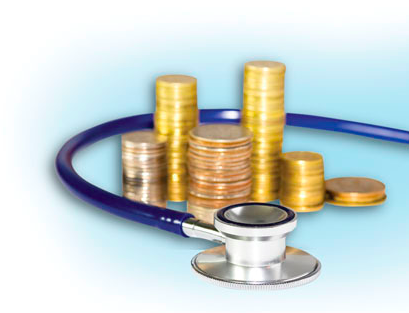Equipment leasing is the process of securing the use of machinery and equipment related to one’s business by way of a rental agreement. Many industries make use of equipment leasing. This might be an ideal situation for a new business or an established business with little working capital so that the financial resources that otherwise would have purchased the equipment, can be tailored to more pressing needs.
Globally, Equipment Leasing is now recognised and established as a creative financing alternative, used to meet the world’s equipment needs. As at 2014, the global leasing industry accounted for an annual turnover of about $750 billion while in the US, leasing remains the single most widely-used method of external finance, representing 30% of investment in capital equipment.
The story is not a sad tale back home.
The leasing industry in Nigeria is worth over N4.8 trillion in transactions over the past decade and it grew by 11.3% in 2014 alone. Outstanding lease volume increased from N780 billion in 2013 to N869 billion in 2014 representing a growth rate of 11.3%, earlier stated. In 2012, this volume had a value of N671 billion, demonstrating a strong performance in the last three years.
Unfortunately, the Healthcare Industry has not benefited from this means of financing. Analysis of the various sectors responsible for the strong growth generated in 2014 reveal that the healthcare industry is either inexistent or commands a midget-like share of the total pie.The healthcare industry is not yet in the league of industries that have tapped into equipment leasing.
At the 12th Annual National Lease Conference held in November 2014, it was noted that the challenges of providing efficient healthcare services to the Nigerian economy due to lack of necessary equipment and other infrastructure to enhance service delivery can be overcome with equipment leasing. This is because leasing has the potential to provide healthcare institutions with easy access to state-of-the-art medical equipment that would aid their daily operations without waiting for the accumulation of substantial capital budgets to proceed with the procurement of medical equipment.
Also, the Federal Government of Nigeria recently passed the Equipment Leasing Law which opens several opportunities in this area.
It is in line with the foregoing that the HFN is convening a Stakeholders’ Roundtable in order to discuss the recently passed Equipment Leasing Act 2015 and its usefulness in accessing finance for healthcare.
The goal is to gain in-depth knowledge of medical equipment leasing and spur interest in pursuing this option as a viable tool of healthcare financing in Nigeria. By this, the HFN hopes that a financing revolution can start for the evolution of the health sector we all hope for.

 There are multiple challenges currently facing the healthcare industry in Nigeria. Some of these include access to quality and affordable health care as well as access to finance. Access to finance has been a constant challenge with increased budgetary constraints on the government side in light of decreasing crude oil prices, which is the mainstay of Nigeria’s rent-oriented economy.
There are multiple challenges currently facing the healthcare industry in Nigeria. Some of these include access to quality and affordable health care as well as access to finance. Access to finance has been a constant challenge with increased budgetary constraints on the government side in light of decreasing crude oil prices, which is the mainstay of Nigeria’s rent-oriented economy. 





